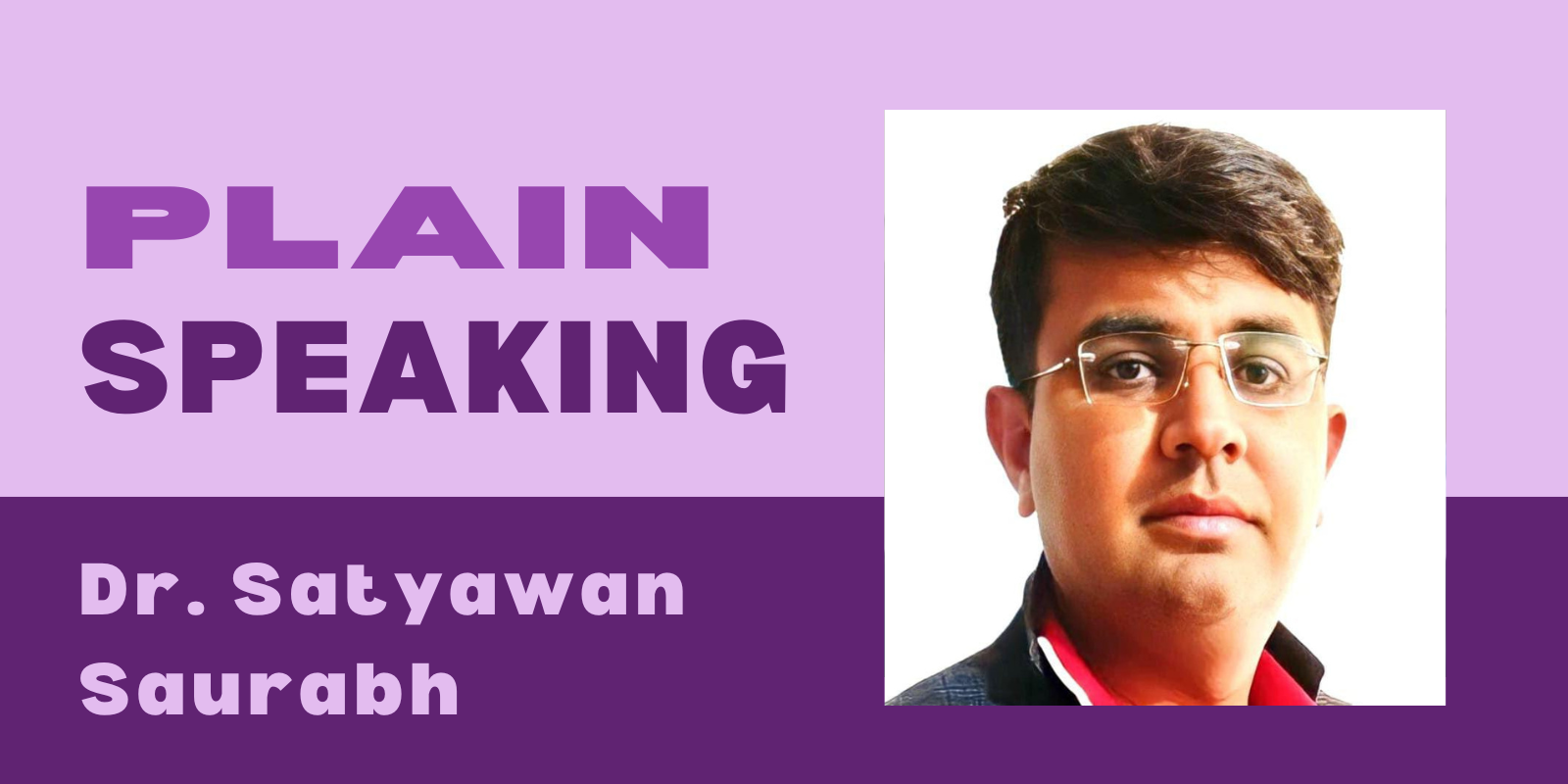Revolution comes not with the bullets of guns, but with the power of ideas.
Bhagat Singh’s life is not just a revolutionary saga, but a symbol of an ideology. His ideas had power before his martyrdom, and their influence remains immortal even after his death. Today, as we grapple with economic inequality, communalism, and corruption, Bhagat Singh’s ideas become even more important than ever. His dream wasn’t limited to freedom from British rule; he envisioned an India where everyone had equal rights and opportunities.
March 23, 1931—The footsteps of three young men are heard in a Lahore jail. Bhagat Singh, Rajguru, and Sukhdev, smiling, walk toward the gallows. There’s no fear of death, but a spark in their eyes—of revolution, of change. They know their ideas will never die. On March 23, 1931, Bhagat Singh, Sukhdev, and Rajguru were hanged. But can a revolutionary truly die? Their ideas, their thoughts, and their inspiration live on even today. They fought not just against British rule, but for an India based on equality, justice, and freedom.
Birth of a thinker
Born on September 28, 1907, in Banga village, Punjab (now in Pakistan), Bhagat Singh’s childhood was spent surrounded by books and revolutionary discussions. His family was steeped in patriotism. However, the Jallianwala Bagh massacre of 1919 was a shock for him. He realized that freedom should not be just a dream, but a reality of struggle. Bhagat Singh was rebellious and curious from childhood. The Jallianwala Bagh massacre (1919) shook him to his core and made him decide that he could not remain a mere spectator.

The first step on the path to revolution
Joining the Hindustan Socialist Republican Association (HSRA), Bhagat Singh shaped his fight against British rule. Saunders Murder Case (1928) – Bhagat Singh, Rajguru, and Sukhdev assassinated police officer John Saunders to avenge the death of Lala Lajpat Rai. This sent a revolutionary message that tyranny would be resisted. Assembly Bomb Case (1929) – Bhagat Singh and Batukeshwar Dutt threw a bomb in the British Parliament, but it wasn’t to harm anyone. They were willing to be arrested so they could convey their views to the entire nation from the courtroom. Their motive wasn’t mere violence. They intended to awaken the people, to show them that freedom shouldn’t just be about political change, but also about social change.

Revolution of ideas in prison
Bhagat Singh was not just a revolutionary with a gun; he believed in the power of ideas. While in prison, he went on a hunger strike for 64 days, forcing the British government to surrender. He wrote numerous articles that clearly reflect his views on socialism, religion, and freedom. He believed that a true revolution would occur when a wave of change swept through society. It would not be wrong to say that Bhagat Singh’s true strength lay in his pen and his thinking. While in prison, he wrote numerous articles in which he expressed his profound thoughts about socialism, religion, freedom, and revolution. He once said, “If you want the deaf to hear, you must raise your voice very loudly.”
Martyrdom and immortality
Bhagat Singh, Sukhdev, and Rajguru were hanged on March 23, 1931. But their deaths were not just an incident; they fueled the Indian freedom struggle. Their ideology, their courage, and their revolutionary spirit remain vibrant today. Bhagat Singh’s ideology was not only against British rule, but also advocated for a society free from exploitation, justice, and based on scientific thinking. His ideology continues to provide a new direction for us even today.

The relevance of Bhagat Singh’s ideology in today’s times
Today, as we grapple with problems like economic inequality, corruption, unemployment, social discrimination, and communalism, Bhagat Singh’s ideology is more relevant than ever. He not only fought for independence but also envisioned a society free from exploitation and based on equality. Bhagat Singh believed that true freedom would only be achieved when the public was educated and aware. Even today, there is a need for a better education system and rational thinking. He advocated for a society free of caste, religion, and class discrimination. Even today, we need to work towards social harmony and equal opportunities. Bhagat Singh considered youth as agents of change. Today, as the youth of the country are raising their voices on various social and political issues, Bhagat Singh’s ideology can guide them. Bhagat Singh envisioned a system of governance that serves the people, not misuses power for selfish ends. Even today, the demand for transparency and accountability remains.
Could we create the India of his dreams?
Today, as we fight social inequality, corruption, and communalism, Bhagat Singh’s ideas are more relevant than ever. He spoke not only of political freedom, but also of economic and social equality. Bhagat Singh is not just a name, but an ideology.
Bhagat Singh’s revolution was not about guns, but about ideas. He taught us that real change comes through struggle and sacrifice, but most importantly, the power to think and question. Today, as we embrace his ideas in our lives, it becomes imperative that we contribute to building the India of his dreams.
“Inquilab Zindabad!”






